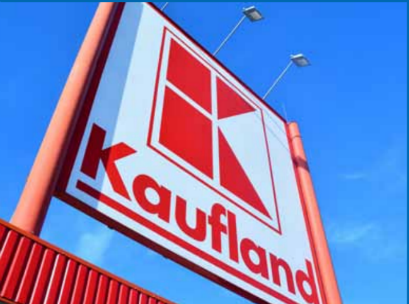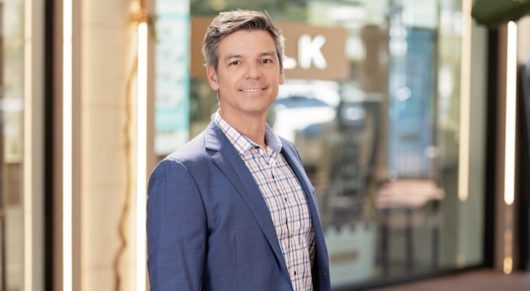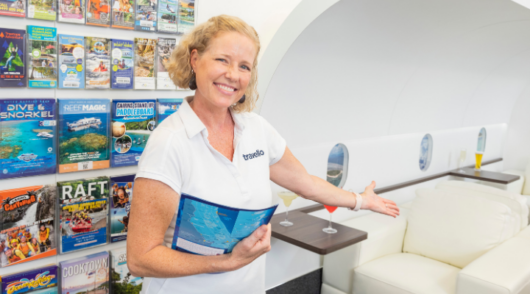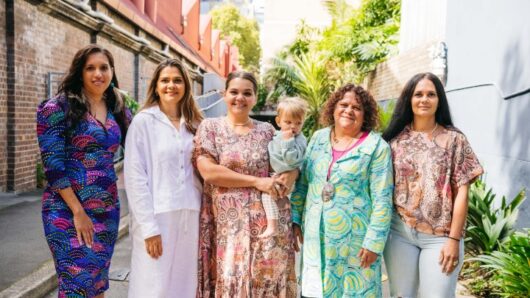 German discount retailer Kaufland is stepping up its plans for expansion into Australia with an additional $60 million capital to assist in the roll-out of discount supermarkets and new headquarters.
German discount retailer Kaufland is stepping up its plans for expansion into Australia with an additional $60 million capital to assist in the roll-out of discount supermarkets and new headquarters.
Documents obtained from the Australian Securities and Investments Commission confirmed the issue of a further 60 million $1 shares in Kaufland Australia Pty Ltd to its parent company effective from October 11 2018.
The chain which operates more than 1250 stores across Europe is expected to open its first two hypermarkets in Australia in fiscal 2019 with plans to open 32 stores in Australia by 2023, according to the AFR.
Leading retail expert, Associate Professor Gary Mortimer, said that while the addition of $60 million may seem like a lot it’s really “just a drop in the ocean” when compared to the revenue Kaufland generates and how much it could spend to penetrate the local market.
“Globally, Kaufland, owned by Schwartz Group generates billions. Figures released in May 2018, show Schwartz Group generated EUR97bn ($163 billion Australian) in Europe alone. In context, the total Australian Food and Grocery sector generates about $110 billion,” Mortimer said.
“$60 million will go fast, however this extra cash injection illustrates how serious they are about entering the market.”
Mortimer said that some of the capital is likely to go towards salaries, logistics, store fit-outs or warehousing but the likelihood is that one warehouse alone could cost over $60 million. Costco, for example, is building a warehouse in Western Sydney, that will cost over $70 million.
“Infrastructure, like road upgrades, signage and footpaths, will be necessary around these stores. Kaufland are ‘destination retailers’, like Costco. Once open, shoppers will come from miles to visit and shop.”
According to figures from IGD Retail Analysis, Kaufland grew sales at a rate of 3.3 per cent in FY18, while sister business Lidl grew sales 8.8 per cent in FY18.
Meanwhile Australian supermarket Coles just announced a 5.1 per cent growth in sales in Q1 FY19, while Woolworths grew sales at about 3 per cent.
The European giants
Australians have embraced the European discount supermarket concept, with Aldi already having gained a 12.1 per cent share of Australia’s grocery market since its launch here in 2001, according to Roy Morgan. Kaufland is set to shake the grocery market up even more.
“It’s estimated they [Kaufland] will pick up about $500 million by 2020. Those sales are going to come from incumbent players like Coles, Woolworths, Metcash and Aldi. Possibly a good time for Wesfarmers to demerge their food and grocery interests,” Mortimer said.
He describes the retailer as “the German version of Costco, without the membership costs”.
“What incumbent players would be concerned about is that unlike Costco, which is essentially a membership-based bulk goods retailer, Kaufland is a hyper-market. A combination of a very large supermarket and discount department store, all under one roof. Anyone can shop, no membership needed,” he added.
Due to the vast range of products it offers, the “big two” won’t be the only ones to feel the heat from this new competitor with Mortimer expecting Kmart and Big W to also be hit.
Once established, Mortimer predicts that Lidl will be next to arrive on Australian shores.
The German supermarket ramped up its Australian recruitment efforts in recent weeks with Area Manager roles offering successful candidates a 14-month “training and development” period in Europe.
“Kaufland have been aggressively recruiting local talent, everyone from planners, buyers, lease and contract mangers and more recently store management. These salaries will need to be funded until stores open and revenue trickles in,” Mortimer added.
This story originally appeared on sister site Inside FMCG.
Access exclusive analysis, locked news and reports with Inside Retail Weekly. Subscribe today and get our premium print publication delivered to your door every week.





